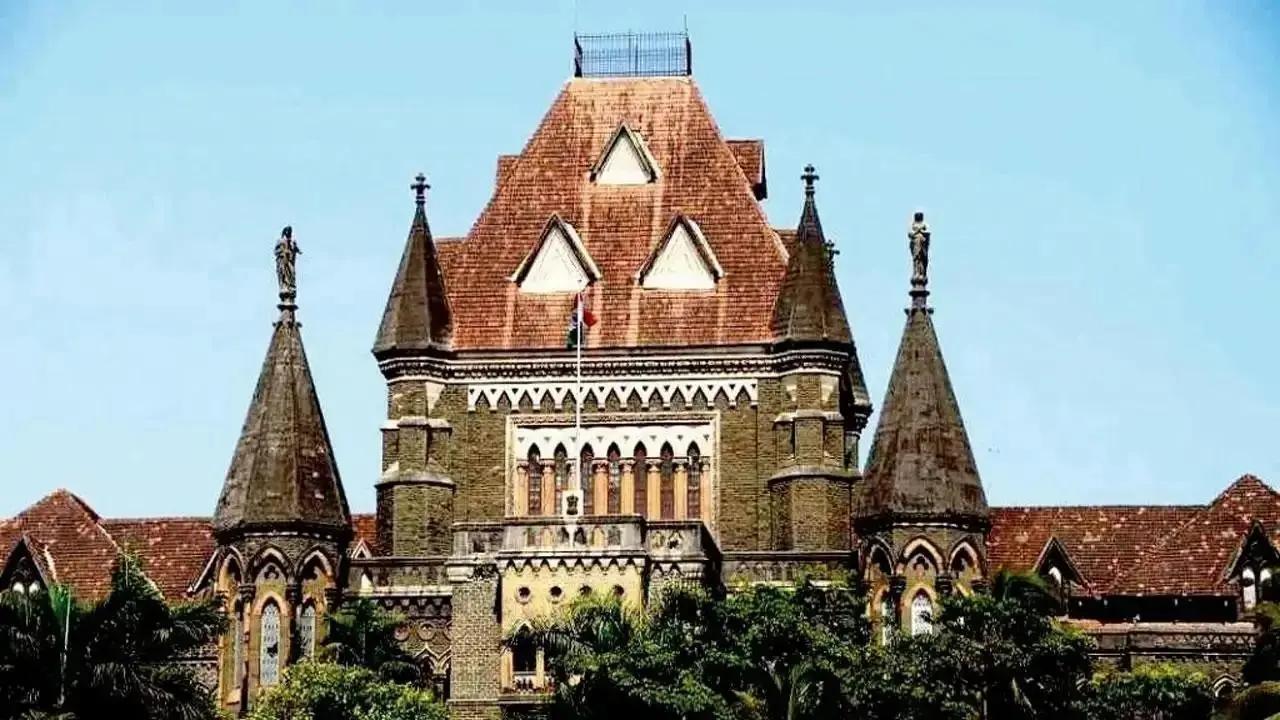Maharashtra hospital deaths: The state government told Bombay HC that state-run hospitals in Nanded & Chhatrapati Sambhajinagar saw an influx of critically ill patients from private hospitals. The court, however, noted that the state couldn’t escape its responsibility.

Bombay High Court/ File Photo
The Maharashtra government told the Bombay High Court that the state-run hospitals in Nanded and Chhatrapati Sambhajinagar (erstwhile Aurangabad), which recently saw a spurt in patient deaths, saw an influx of critically ill patients from private hospitals. The court, on Friday, however, noted that the state couldn’t escape its responsibility.
The state government told a division bench of Chief Justice DK Upadhyaya and Justice Arif Doctor that there did not seem to be gross negligence on the part of the state-run hospitals, stated a report in PTI.
Within a span of 48 hours, since September 30, per the official records, 31 patients—including many infants—died at Dr Shankarrao Chavan Government Medical College and Hospital in Nanded. Meanwhile, in another GMC and hospital at Chhatrapati Sambhajinagar, 18 patients died between October 2 and 3.
Earlier this week, the bench took suo moto cognisance of the deaths.
Advocate General Birendra Saraf, who is appearing for the Shinde-led government, told the court that all medicines and required equipment for patient management were available at the hospitals and administered according to protocol.
He, as stated in the report, said that the patients who passed were brought in critical condition from other hospitals.
He said, “There are issues. There is no denying that. However, it does not seem like there was any gross negligence by the hospitals. Of course, it is sad what has happened. People have died. Every death is unfortunate.”
He further said that the doctors and medical staff at the hospitals were burdened.
The court asked how was the government planning to strengthen public healthcare and noted, “How to strengthen it? Everything is there on paper but if it is not trickling down then there is no point. This is not just about procurement (of medicines and equipment) but the general state of healthcare in Maharashtra.”
CJ Upadhyaya added, “You (Maharashtra government) cannot escape by saying there is a burden. You are the State. You cannot shift the responsibility to the private player.”
The court observed that the state government had issued good policies but not implemented them. They further sought to know the cause behind deaths in the Nanded and Sambhajinagar hospitals.
Justice Doctor asked, “How did the situation come to this? What happened?”
To which, Saraf reportedly said that smaller and private hospitals refer patients to public hospitals when their condition deteriorates. He further stated that most patients referred to these hospitals were in severely critical condition and that most of them died within a day, including infants.
Sarad further claimed that these hospitals have earlier seen 11 to 20 deaths in a day.
“Public hospitals cannot ask people to go away. They try to accommodate everyone. At Nanded, there were 12 cases of infant deaths. Of this, only three were born at the government hospital. The remaining were brought in extremely critical condition from other hospitals,” Saraf said.
He further said that the state has formed a three-member panel, which, after visiting all government hospitals will submit reports.
The court observed that the government had cited heavy patient inflow, referrals from private and smaller hospitals, and patients arriving in critical conditions as the reasons behind the deaths. The bench also expressed disappointment at the reduced budgetary allocation for public healthcare in Maharashtra over the past three years.
According to the government's report, the allocation for public health was 4.78% of the total budget in 2020-21, 5.09% in 2021-22, 4.24% in 2022-23, and now stands at 4.01% in 2023-24. The decline in funding is evident, remarked the court.
Furthermore, the court raised concerns about staff vacancies in government hospitals and noted that senior and junior resident doctors and staff were primarily responsible for patient care in these hospitals.
Referring to the Nanded government hospital, the court highlighted a significant shortfall in senior resident doctors. Out of 97 sanctioned positions, only 49 were filled, leaving a 50% vacancy. Chief Justice Upadhyaya questioned the justification for such vacancies, emphasizing the heavy responsibilities borne by senior and junior doctors.
Government counsel Saraf explained that additional posts were created in January of the current year, leading to substantial vacancies. He assured the court that these positions would be filled promptly.
The bench directed the Principal Secretaries of the Public Health Department and the Medical Education and Drugs Department to file affidavits detailing sanctioned posts in all government hospitals and the corresponding vacancies. These affidavits should also outline the steps taken in the past six months to address these vacancies.
The court required the affidavits to disclose the demands for medicines, medical supplies, and equipment made by hospitals in Nanded and Chhatrapati Sambhajinagar in the past year, along with the supplies provided against these demands. The deadline for filing these affidavits is October 30, when the court will resume the matter.
Additionally, the court rebuked the Maharashtra government for failing to appoint a full-fledged Chief Executive Officer (CEO) for the Maharashtra Medicines Procurement Authority, established in May this year.
The bench criticized the government for its inability to implement good policies effectively, noting that the authority had been established in May, but as of October, it still lacked a permanent CEO. The court instructed the government to appoint a CEO within two weeks.
The court's order highlighted that the incident has underscored certain issues within the state's healthcare system that demand the attention of the Maharashtra government. These issues encompass problems encountered by hospitals, including staff shortages, and procurement of medicines, medical supplies, and equipment.
 Subscribe today by clicking the link and stay updated with the latest news!" Click here!
Subscribe today by clicking the link and stay updated with the latest news!" Click here!










